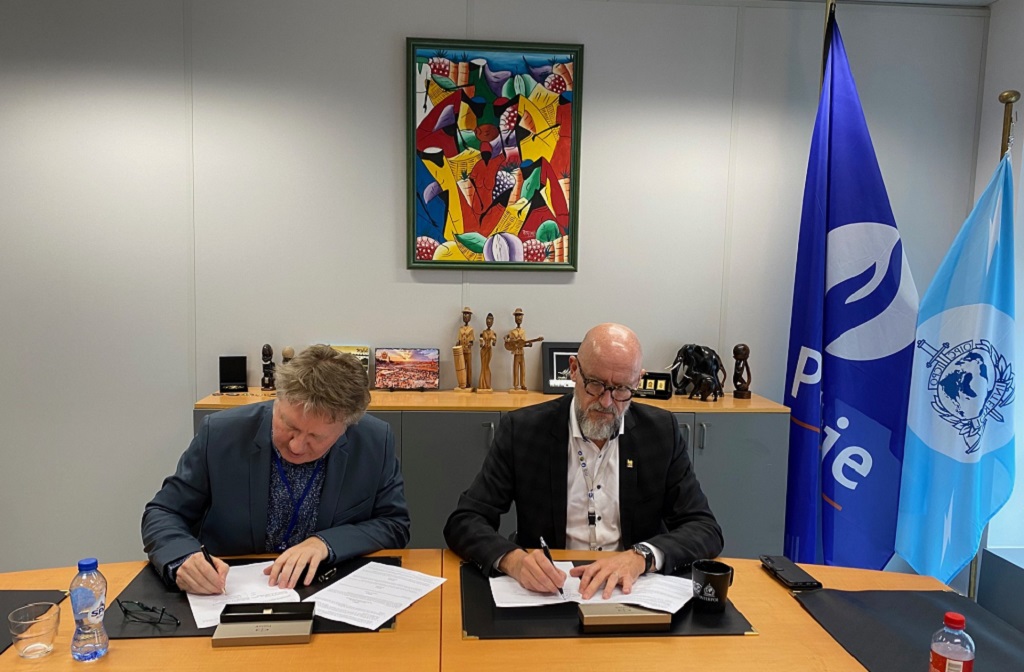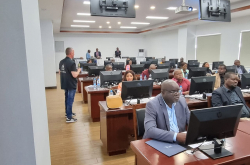LYON, France – Belgium has enacted a new law considerably boosting its ability to solve cases of missing or unidentified deceased persons.
Until now, officials in Belgium were restricted from sharing DNA profiles to international databases for criminal missing persons investigations, essentially limiting their ability to find answers abroad.
The new legislation explicitly allows for profiles collected in Belgium to be searched and stored in INTERPOL’s DNA and I-Familia databases for cases of missing persons, relatives of missing persons and unidentified human remains. It will also enable the use of more systematic searches, adding a new layer of cooperation and ensuring all possible avenues have been explored.

Welcoming the legislation, Director of International Police Cooperation with the Belgian Federal Police and INTERPOL Executive Committee Vice-President Peter De Buysscher said, “Amendments can and should be made to national DNA legislation – it’s an inevitable part of innovation and globalization. This change to the law will bring a global aspect to national investigations.”
With the new database connections now in place via I-24/7, INTERPOL’s secure communications system, additional data is starting to flow between the National Central Bureau in Brussels and the General Secretariat.
Related news

Breakthrough in longstanding Dutch missing person case
11 October 2024
Border security threats focus of STOP operations in Africa
8 December 2023





